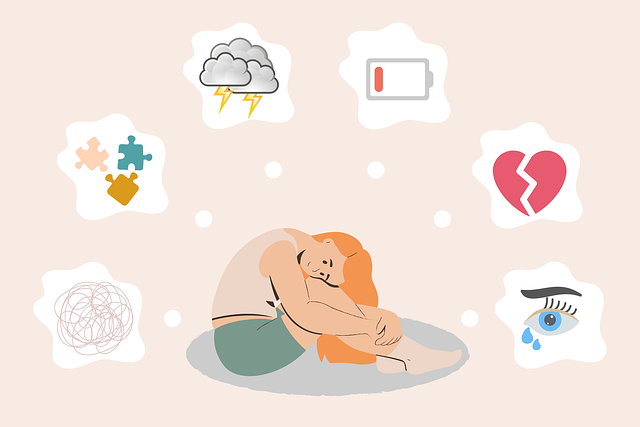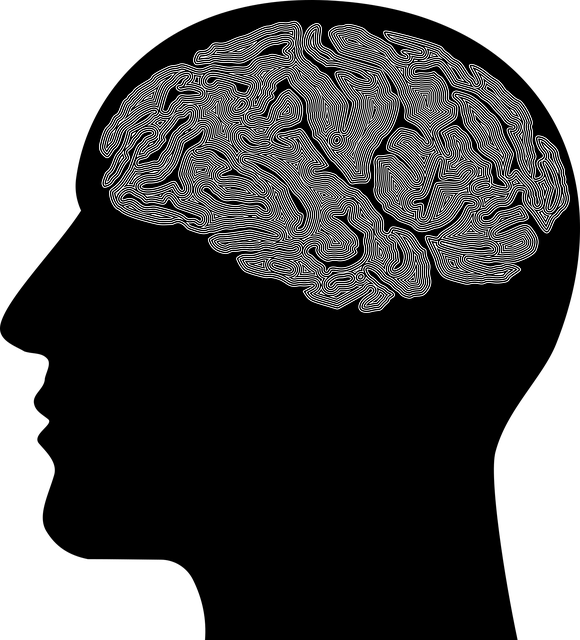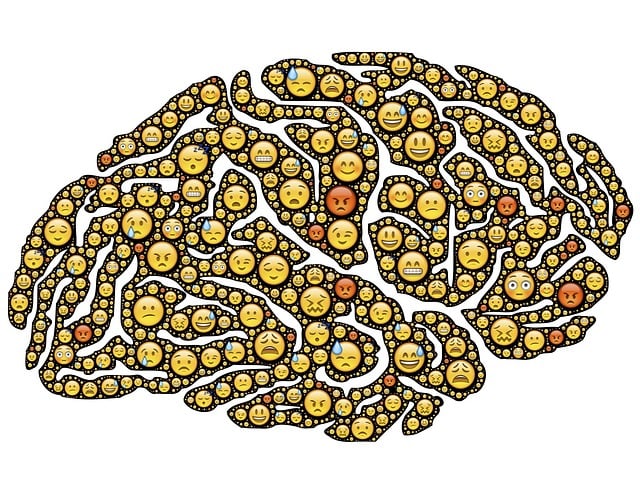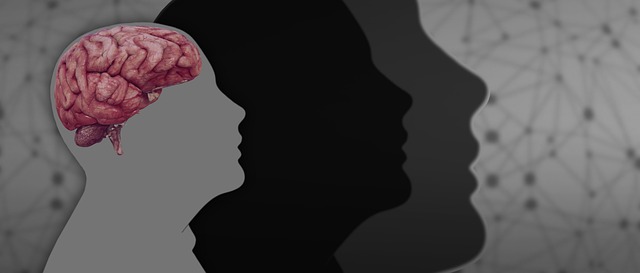Mindfulness meditation emerges as a powerful tool for managing anger, offering a non-judgmental approach to emotional regulation. By cultivating present-moment awareness and acceptance, individuals gain insights into triggers and learn to observe angry thoughts without impulsive reactions. Regular mindfulness practice leads to better mental wellness, reduced emotional reactivity, improved cultural sensitivity in healthcare, and effective crisis intervention. Key steps include creating a dedicated meditation space, guided breathwork for inner calm, body scans for physical awareness, navigating distractions, and integrating mindfulness into daily life through simple exercises and Compassion Cultivation Practices (CCP). This holistic approach ensures safe, sustainable change, fostering superior anger management therapy with improved resilience to challenges.
“Unwind and transform your life with mindfulness meditation, a powerful tool in superior anger management therapy. This practice guides you towards better emotional control and peace. Our article offers a comprehensive journey, starting from understanding mindfulness’s benefits for anger management to practical techniques like guided breathwork and body scans. We’ll explore strategies to prepare your space and mind, navigate distractions, and integrate mindfulness into daily life for lasting change.”
- Understanding Mindfulness and Its Benefits for Anger Management
- Setting the Stage: Preparing Your Space and Mind for Meditation
- Techniques to Master: Guided Breathwork and Body Scans
- Navigating Challenges: Dealing with Distractions and Difficult Emotions
- Integrating Mindfulness into Daily Life for Sustainable Change
Understanding Mindfulness and Its Benefits for Anger Management

Mindfulness meditation is a powerful tool for managing anger, offering a unique approach to emotional regulation that has gained significant attention in the field of mental health. By focusing on the present moment and cultivating non-judgmental awareness, individuals can gain a deeper understanding of their triggers and responses, which is essential for superior anger management therapy. This practice encourages acceptance and self-compassion, allowing people to observe their angry thoughts and feelings without reacting impulsively.
Incorporating mindfulness into anger management strategies has numerous benefits. It helps reduce emotional reactivity, promoting calmer responses during stressful situations. Moreover, it fosters cultural sensitivity in mental healthcare practice by encouraging individuals to explore their unique relationship with anger, considering the influence of personal experiences, cultural backgrounds, and societal norms. Community outreach program implementation can further enhance these practices, offering support systems where people can share their journeys and learn from one another. Crisis intervention guidance, too, benefits from mindfulness techniques, as they help individuals de-escalate quickly and make more rational decisions during intense moments.
Setting the Stage: Preparing Your Space and Mind for Meditation

Setting the stage for meditation is akin to preparing a sanctuary where your mind can find peace and calm. Create a space that supports your practice by clearing it of distractions and clutter, ensuring it’s a comfortable and inviting environment. Consider incorporating elements that promote relaxation, such as soft lighting, soothing scents, or even a few plants. This physical setup should be paired with a mental preparation focused on cultivating self-awareness exercises. Begin by taking a moment to acknowledge your breath, allowing yourself to become attuned to the present moment. Let go of any tension in your body and observe your thoughts without judgment—a crucial aspect of emotional well-being promotion techniques. Through regular practice, you’ll develop a deeper connection with your inner self, fostering mental wellness and superior anger management therapy for daily life.
Techniques to Master: Guided Breathwork and Body Scans

Guided breathwork is a powerful technique to cultivate mindfulness and inner calm. By focusing on each inhalation and exhalation, individuals can learn to anchor themselves in the present moment, reducing reactive behaviors often associated with superior anger management therapy. This practice helps to regulate emotional responses, fostering better self-esteem improvement and promoting a sense of inner strength development.
Body scans are another essential tool, allowing practitioners to cultivate awareness of physical sensations throughout their bodies. By slowly moving attention from head to toe or vice versa, one can identify areas of tension or discomfort without judgment. This practice enhances cultural sensitivity in mental healthcare practice by encouraging individuals to tune into their unique bodily experiences, supporting holistic well-being and self-acceptance.
Navigating Challenges: Dealing with Distractions and Difficult Emotions

Navigating Challenges: Dealing with Distractions and Difficult Emotions
Mindfulness meditation involves observing thoughts and feelings without judgment, which can be challenging when facing distractions or difficult emotions. It’s crucial to remember that these interruptions are normal and part of the practice. When a thought distracts you, gently bring your focus back to your breath, body sensations, or the chosen focal point. This process helps develop superior anger management skills, as it cultivates patience and emotional regulation.
Emotions like anger or sadness might arise during meditation, and acknowledging them is essential. Instead of suppressing these feelings, observe their presence without reacting impulsively. Recognize that these emotions are temporary and part of the human experience. This mindset fosters a self-care routine development for better mental health, encouraging acceptance and understanding, which can also contribute to reducing stigma around mental illness through personal awareness and reflection.
Integrating Mindfulness into Daily Life for Sustainable Change

Integrating mindfulness into daily life is key to fostering sustainable change and enhancing overall well-being. Beyond occasional practices, true transformation comes from making mindfulness a habitual part of your routine. Start small by incorporating simple awareness exercises like mindful breathing or body scans during moments of downtime. These practices encourage presence and help cultivate a sense of calm, reducing the impact of stress and anger.
Over time, expand your mindfulness toolkit with compassion cultivation practices (CCP), which have been shown to significantly improve anger management skills. By regularly engaging in CCP, individuals learn to recognize and respond to their emotions with greater equanimity, fostering resilience not just in managing anger but in navigating life’s challenges generally. This holistic approach, combined with a thorough risk assessment for mental health professionals, ensures that mindfulness practices are both safe and effective, ultimately leading to a more balanced and fulfilling life.
Mindfulness meditation offers a powerful tool for superior anger management therapy, empowering individuals to navigate challenging emotions with calm and clarity. By integrating these practices into daily life, one can foster sustainable change, enhancing overall well-being and relationships. Remember that consistent effort and patience are key; each moment of mindfulness brings you closer to a more balanced and peaceful state of being.














